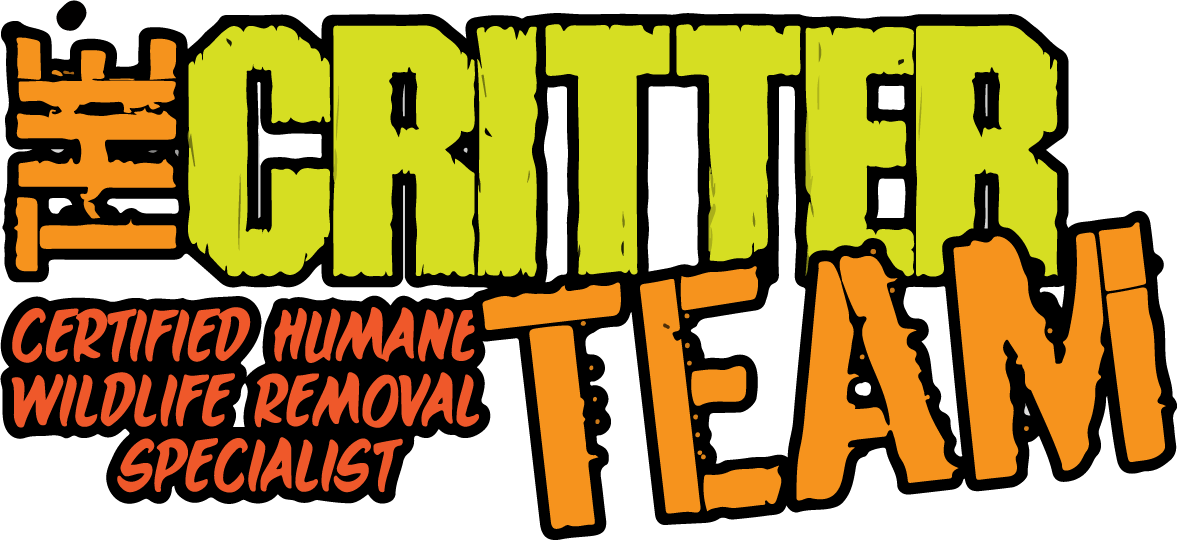Texas residents should never feed raccoons due to several compelling reasons. First and foremost, raccoons are known carriers of diseases such as rabies, leptospirosis, and roundworm. Feeding them can increase the risk of these diseases spreading to humans and pets. Additionally, raccoons are highly adaptable creatures that can become dependent on human-provided food, leading to an overpopulation issue. This, in turn, can result in increased conflicts between raccoons and humans, as they become more aggressive in their search for food. Furthermore, feeding raccoons can disrupt their natural foraging behavior and lead to a decline in their ability to find food on their own. Ultimately, it is crucial for Texas residents to refrain from feeding raccoons to protect their health, prevent overpopulation, and maintain a harmonious coexistence with these wildlife creatures.
Why Texas Residents Should Never Feed Raccoons
Raccoons are fascinating creatures that have adapted well to urban environments. Their masked faces and nimble paws make them a common sight in many Texas neighborhoods. However, it is crucial for Texas residents to understand the importance of never feeding raccoons. While it may be tempting to offer them food or treats, doing so can lead to a variety of negative consequences for both humans and raccoons alike.
The Dangers of Feeding Raccoons
Feeding raccoons, intentionally or unintentionally, can have serious implications for their behavior, health, and the overall well-being of the community. Here are some reasons why Texas residents should avoid feeding raccoons:
1.
Aggressive Behavior:
Raccoons that become accustomed to being fed by humans may lose their natural fear of people. This can result in bold and aggressive behavior towards humans, pets, and other wildlife in the area. Raccoons are wild animals and should be kept at a safe distance for the safety of everyone involved.
2.
Property Damage:
Raccoons are resourceful animals that can cause significant damage to homes and properties when searching for food. By feeding them, you inadvertently attract raccoons to your property, increasing the risk of damage to your gardens, trash cans, and even your home’s interior.
3.
Spread of Diseases:
Raccoons can carry various diseases, including rabies, leptospirosis, and roundworm. When you feed raccoons, you increase the likelihood of close contact with these animals, potentially exposing yourself, your family, and your pets to these harmful diseases. Additionally, feeding raccoons in public spaces can create an environment where diseases can spread among different individuals and wildlife populations.
4.
Overpopulation:
Raccoons have a natural ability to adapt and thrive in urban environments. By providing them with an easily accessible food source, you contribute to the overpopulation of raccoons. This can lead to increased competition for resources, territorial conflicts, and the potential spread of diseases within their population.
Responsible Wildlife Interaction
It is important for Texas residents to adopt responsible practices when it comes to wildlife interaction, especially with raccoons. Here are some guidelines to follow:
1.
Secure Trash Bins:
Ensure that your trash bins are securely sealed to prevent raccoons from rummaging through them. This will discourage raccoons from frequenting your property in search of food.
2.
Remove Potential Food Sources:
Keep your yard clean and free from food sources that may attract raccoons. This includes fallen fruits, bird feeders, and outdoor pet food bowls.
3.
Limit Access:
Seal off any potential entry points to your home or outbuildings to prevent raccoons from seeking shelter inside. This will also reduce the risk of property damage caused by their intrusion.
4.
Report Nuisance Raccoons:
If you encounter a raccoon that displays aggressive behavior or seems sick or injured, contact your local wildlife control authorities. They are equipped to handle these situations safely and effectively.
By understanding the risks associated with feeding raccoons and following responsible wildlife interaction practices, Texas residents can help maintain a harmonious coexistence with these urban-adapted creatures while ensuring the safety and well-being of their communities.
Wildlife Control and Animal Removal Services
At The Critter Team, we understand the challenges that come with unwanted wildlife invading your property. Our team of professional wildlife control operators is here to assist you in effectively and safely removing animals from your premises. Whether you’re dealing with raccoons, squirrels, bats, or any other critters, our experienced technicians have the knowledge and expertise to handle the situation with care. We prioritize the well-being of both you and the animals, employing humane techniques to ensure a peaceful resolution. If you require our services, don’t hesitate to contact us at (281) 667-0171. We are available to help you promptly and efficiently resolve any wildlife control issues you may be facing.
